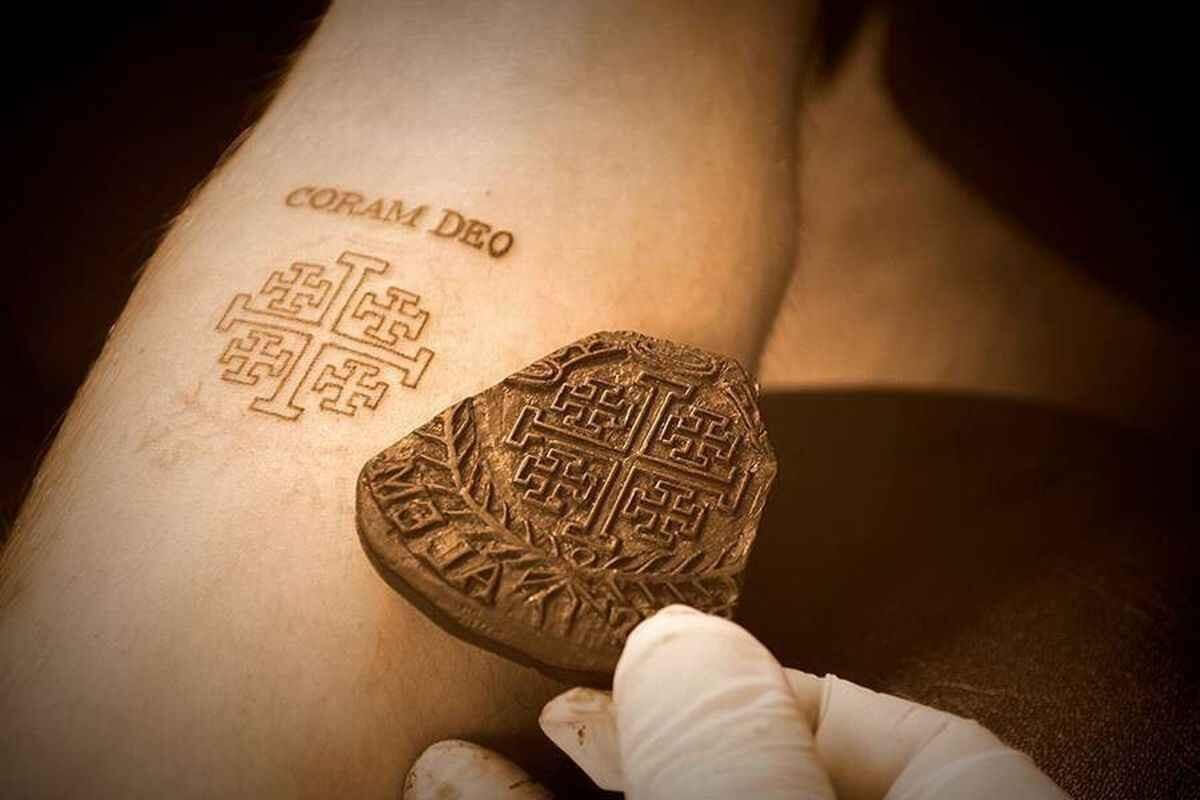Blog Category: Tattoos (1 posts)
Should Christians get tattoos, and is it Biblical?
Luke J. Wilson | 31st August 2019 |
General Articles
I was in a discussion not so long ago about tattoos, and I was asked about the historical view on this practice. It wasn’t something I had looked into before from a Church Fathers point of view, so it was an interesting topic of study. In my searching, I found this article from a Catholic site which seems to give a pretty interesting overview of some of the views about tattoos in the earlier centuries. The following is a quote about a Church Council in the context of native Britons, who still practiced tattooing at that time for pagan ritual, something which Tertullian also gives a fleeting reference to around 213 AD in his On the Veiling of Virgins, ch. 10.
In the 787 Council of Northumberland — a meeting of lay and ecclesial leaders and citizens in England — Christian commentators distinguished between religious and profane tattoos. In the council documents, they wrote:“When an individual undergoes the ordeal of tattooing for the sake of God, he is greatly praised. But one who submits himself to be tattooed for superstitious reasons in the manner of the heathens will derive no benefit there from.”
But, contrasted with Basil the Great of the fourth century, who supposedly (I say “supposedly” because I can’t find an original source for this quote, nor the quote above, though many other books and websites cite both; see end note) said: “No man shall let his hair grow long or tattoo himself as do the heathen” — it highlights that the views of this practice have been wide and varied over the centuries; as over in Egypt, the Coptic Church has been marking themselves with tattoos since the sixth or seventh century, even up to present times.
All of this debate stems from one seemingly clear verse in Leviticus:
Leviticus 19:28 (WEB)You shall not make any cuttings in your flesh for the dead, nor tattoo any marks on you. I am Yahweh.
In the manner of how Hebrew works, the clause “for the dead” is applying to both phrases. The cuttin...


